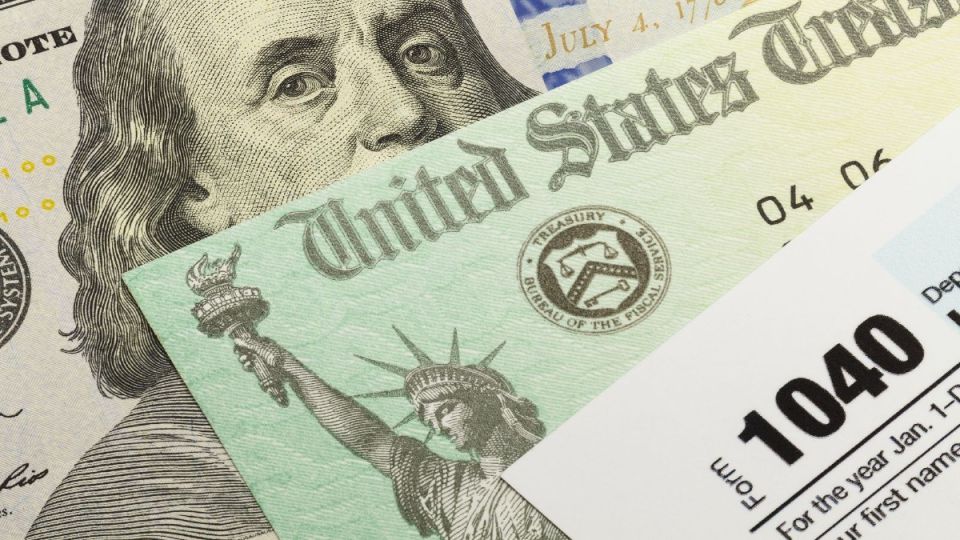- Complexity for filing taxes increased further with the paycheck protection program and employee retention credit that were enacted during the pandemic
Next October 17 is the deadline for Americans who requested an extension with the IRS to file their taxes. However, experts say taxpayers should especially prepare for more complicated returns.
According to the IRS, an estimated record 19 million taxpayers filed an extension for their 2021 tax returns.
However, taxpayers have faced many challenges, including changes to deadlines and new legislation related to covid-19.
“When you combine those facts with the understaffing of accounting and tax preparation firms and the usual complexity of the tax code, requesting an extension has become more of a necessity,” said Kevin Brady, certified financial planner and vice president of Wealthspire. Advisors in New York.
The complexity of filing taxes was further increased by the Employee Retention Credit and Paycheck Protection Program, which were enacted for businesses during the pandemic.
What taxpayers can do
Experts say that with only about four weeks to go until the deadline, it’s critical to get organized, contact your tax preparer and provide information as soon as possible.
Tax professionals are struggling with the new Schedule K-2 and K-3 forms for international taxes, which may not arrive until September 30. These forms go with Schedule K-1 forms for partnerships, S-corporations, trusts, and estates.
If taxpayers are waiting for a refund, they can get it faster by filing electronically and choosing direct deposit, according to the IRS, and most error-free returns are processed in less than 21 days.
Underpayment interest rates rise to 6% from 5% on Oct. 1 and accrue daily, the IRS said. And if you miss the tax deadline extension, you may owe a late filing penalty.
Before filing, it is recommended to double check what must be reported when obtaining COVID-19 relief, such as the stimulus and child tax credit advance payments, urging taxpayers to compare IRS letters with the Bank statements.

